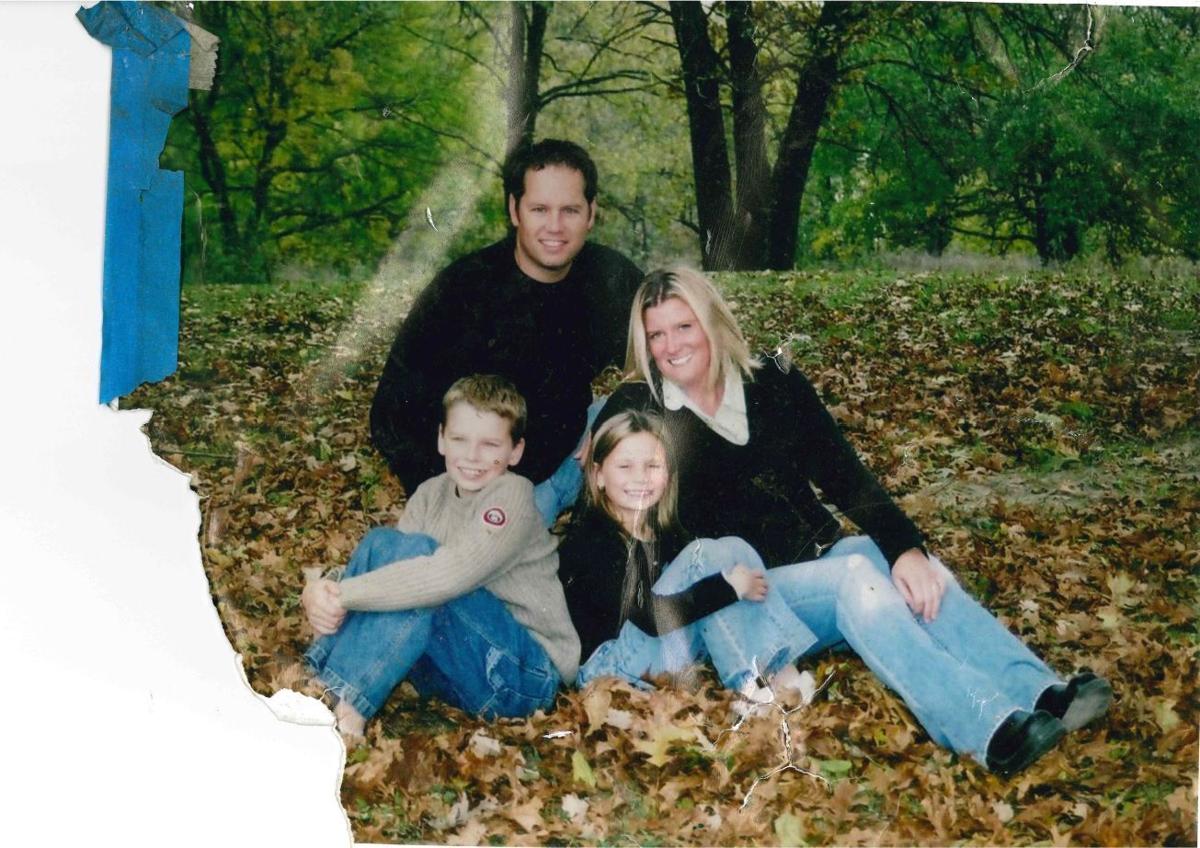The tornado that changed my career
My career shift started with a tornado.
It had struck far south of the community newspaper where I was an editor, but had been powerful enough to hurl light debris — photographs, papers and other mementos — into our county. My newsroom started getting calls from people wondering what they should do with the mangled memories that had blown into their yards.
I thought, why not see if we can return them to their owners?
I wrote up a story for the front page asking people to send in their finds, and they delivered. Within a couple days I had dozens of photos, notes and other papers that I scanned into an online gallery. I reached out to media outlets in the area that had been struck by the tornado to get the word out, so residents could view our gallery to see if anything they had lost was found. I called it “Survivors of the Storm.”

Amazingly, we did return more than 30 mementos back to their owners, including a wedding album that a woman thought she had lost forever. In a moment of crisis, people pitched in to help. Knowing that I had made those connections possible was an incredible feeling.
This experience was my introduction to the power of audience engagement and collaborative journalism. I started incorporating engagement into more of our reporting, and in the 9 years since I’ve worked with 130-plus outlets on their engagement and collaboration strategies.
Crucially, I could not have planned for this career shift. I certainly could never have predicted a tornado would blow debris to our coverage area. I had no way to see this one engagement project would open the door to many, many more.
But in that moment, when calls started coming in from people looking to help, I noticed the possibilities. I got curious: what would happen if I asked people to send in their finds? If I contacted other outlets? If we tried to get these mementos home?
I didn’t know the answers. But I wanted to find out.
Respond, don’t react
In Master of Change, Brad Stulberg offers a simple framework for responding to the unexpected in life instead of reacting. As he explains:
Responding, a spin off from the word responsibility, is considerate and deliberate. Reacting, on the other hand, literally means to meet one action with another one. It is immediate and rash. …
Reactions tend to go like this: Something happens. You panic. Then you proceed.
Responses tend to go like this: Something happens. You pause. You process. You plan. Then you proceed.
I’ve definitely had my share of panic/proceed reactions, and they rarely turn out well. Stulberg explains that neuroscience has found two pathways in our brains that spring into action when we are faced with the unexpected. Either the rage pathway is triggered, resisting the change and generating angry, despairing emotions. Or the seeking pathway comes into play, using curiosity to problem solve.
It comes down to recognizing what’s in your control, he says, and using a tool psychologists call behavioral activation to take action.
“When we focus on what we can control versus what we cannot, we shift our entire neurochemistry to the seeking pathway,” Stulberg said on the Optimize Yourself podcast. “So not only are we actually doing something productive, to hopefully make the situation better, but we also start to feel better when we take action.”
The career ladder concept has failed us in this regard. We spend our lives trying to follow through on five-year plans, reacting to keep climbing instead of responding to see what twists and turns could open up new horizons. Long-term, the ladder is a lie: nothing stays in place indefinitely. But as ancient philosphers knew, we never step into the same river twice.
Who could you help imagine new possibilities by sharing this post?
Looking back on my career, the moments I’m proudest of are not usually the ones I planned for and predicted. They’re the moments when I recognized a possibility in something unexpected, and followed my curiosity to something new.
- Generating ideas with a newsroom to gather messages of support after a school shooting tragedy to create a moving tribute as a community.
- Having our collaboration’s in-person community engagement plans shut down by the Omicron variant, and regrouping to discover instead a wealth of insight from an online survey.
- When my daughter told me I should deposit my feelings and I didn’t shrug her off, but asked her where I should put them — and her response shaped the entire career river concept.
Don’t be afraid to ditch your career plan as new possibilities emerge. With the attention of an experienced sailor, be aware of the changes in the wind and current that may push you somewhere new.
Happy navigating,
Bridget
Member discussion